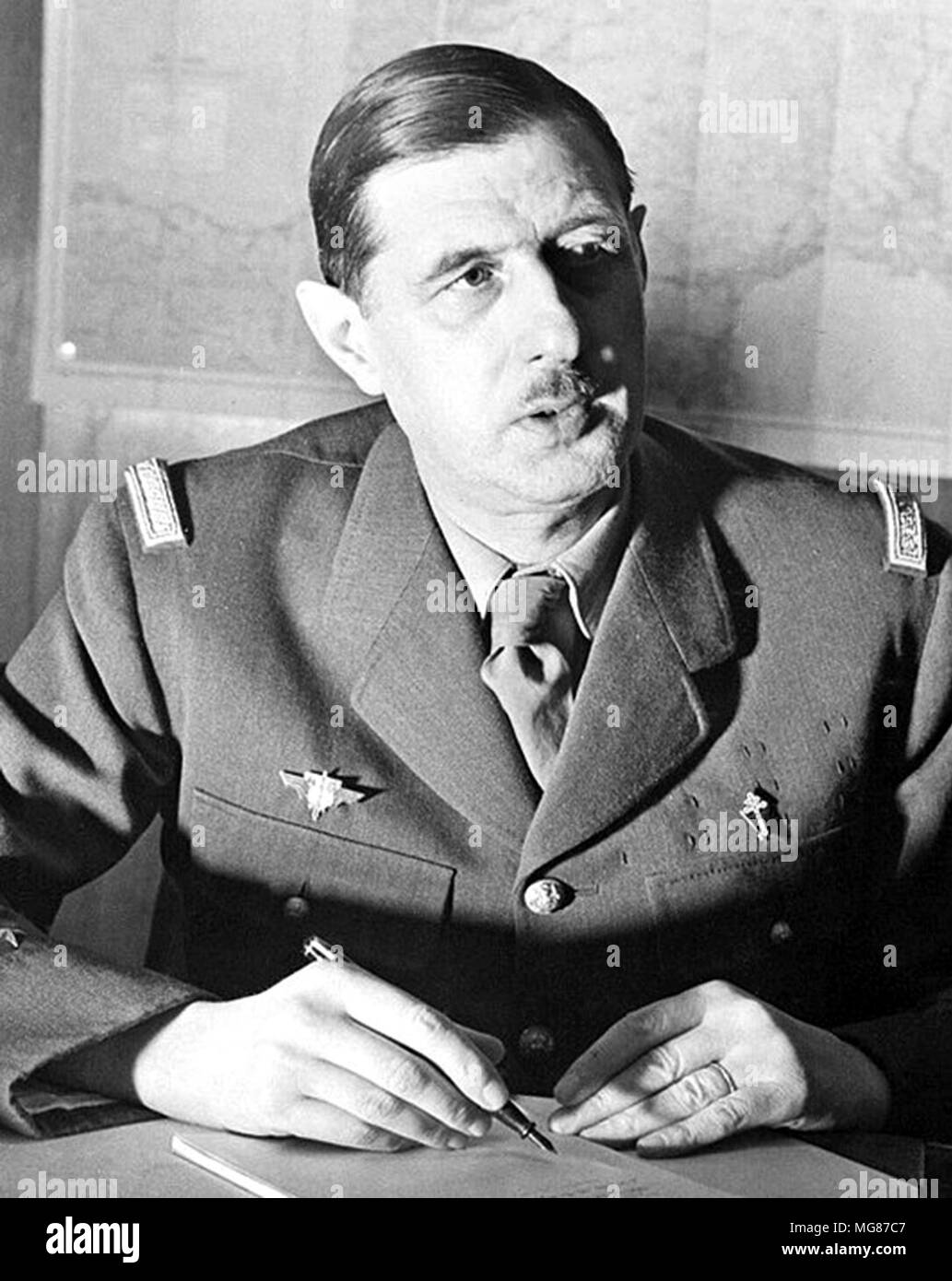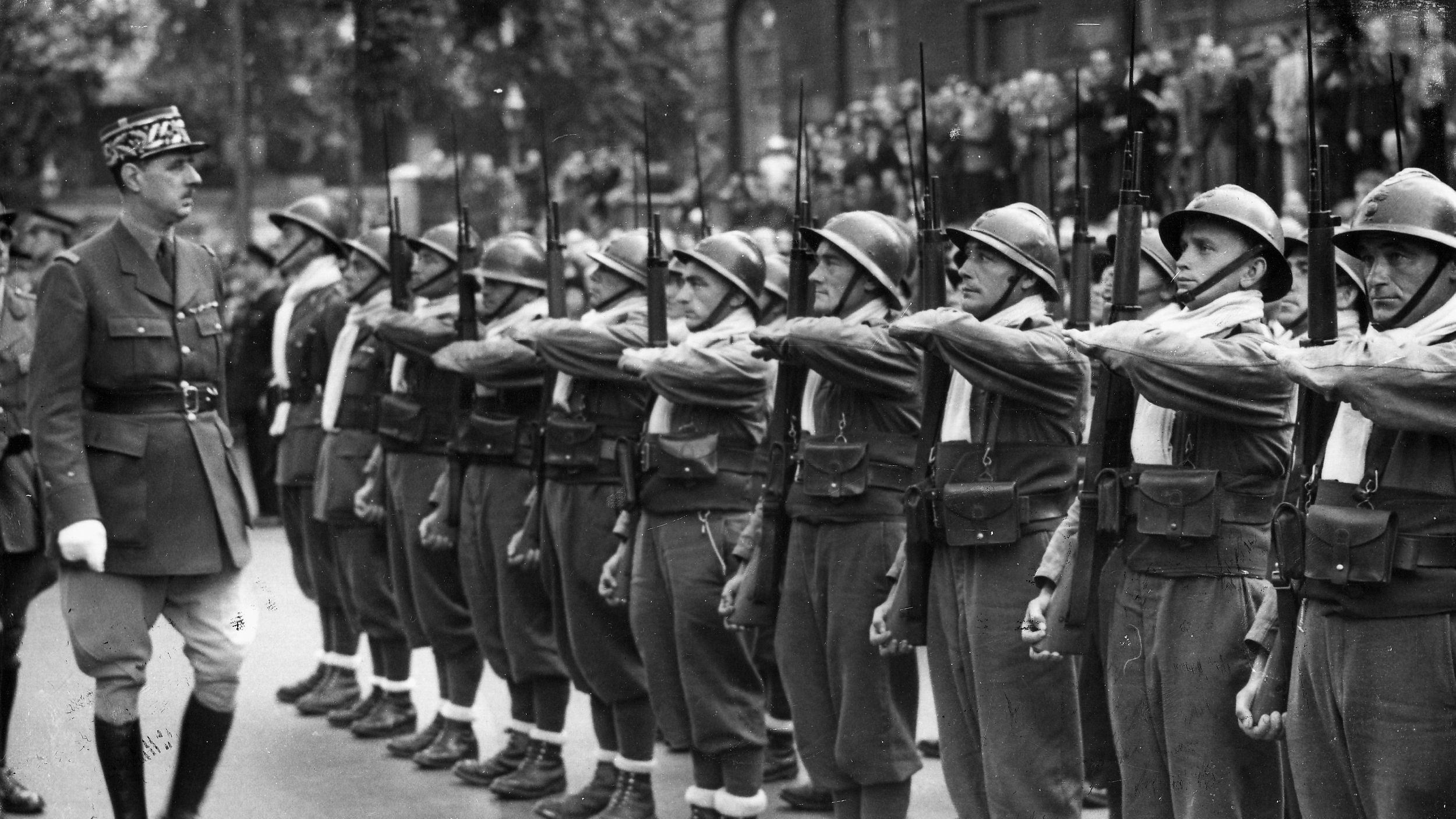
When we reflect on the influential leaders who have shaped the course of French history, one name that consistently emerges is **Pierre Mendès-France**. Born on January 11, 1907, in the vibrant city of Paris, Mendès-France was a remarkable figure whose contributions significantly impacted the political landscape of modern France. His evolution from a young, ambitious lawyer to a prominent socialist statesman is a testament to his dedication and vision for a better society. Throughout his career, he championed progressive reforms and worked tirelessly to address the pressing issues of his time. His leadership during pivotal moments in French history, particularly in the post-World War II era, showcased his commitment to peace and social justice. As we explore the life and legacy of Pierre Mendès-France, we uncover the profound influence he had on shaping contemporary France and the ideals he stood for, which continue to resonate in today’s political discourse.
Early Life and Education

Born into a Jewish Family
Pierre Mendès-France was born into a Jewish family, a background that profoundly influenced his perspectives and values throughout his life. Growing up in the vibrant city of Paris, he was immersed in a rich tapestry of cultures, traditions, and ideas that shaped his understanding of the world around him. This diverse environment not only exposed him to various philosophies and beliefs but also instilled in him a strong sense of social responsibility and justice. These formative experiences would later play a crucial role in molding his political ideologies, driving him to advocate for equality and human rights in his public service.
Legal Career Beginnings
Upon completing his education, Mendès-France embarked on a career in law, where he quickly established himself as a dedicated and passionate advocate for social justice. His early years as a lawyer were characterized by a fervent commitment to addressing the inequalities and injustices he observed in society. This dedication to the principles of fairness and equity would become a defining feature of his political career. As he navigated the legal landscape, Mendès-France’s experiences in the courtroom not only honed his skills as a negotiator and leader but also deepened his resolve to effect meaningful change in the political arena, setting the stage for his future endeavors in public office.
Political Ascent

Entering Politics
In the year 1932, a significant milestone in the political landscape of France occurred when Mendès-France was elected as a Radical-Socialist deputy representing the Eure département. This election marked the beginning of a dynamic political career for Mendès-France, who quickly garnered attention and respect for his incisive critiques of existing government policies. His ability to articulate the concerns of the populace and challenge the status quo set him apart as a formidable figure in French politics. As he navigated the complexities of the political arena, Mendès-France established himself as a passionate advocate for social justice and reform, earning a reputation for his unwavering commitment to progressive ideals.
Undersecretary of State for Finance
In 1938, Mendès-France ascended to a pivotal role in the French government when he was appointed as the undersecretary of state for finance under the leadership of Prime Minister Léon Blum. This position was particularly significant, as it provided him with a platform to shape and influence economic policies during a period marked by considerable upheaval and uncertainty in France. His tenure in this role allowed him to address pressing financial issues and implement measures aimed at stabilizing the economy. Mendès-France’s keen insights and innovative approaches to fiscal policy were instrumental in navigating the challenges of the time, further solidifying his reputation as a key player in the French political landscape.
World War II and Its Aftermath

Service in the Air Force
During the tumultuous years of World War II, Mendès-France dedicated himself to serving in the air force, where he faced numerous challenges and experiences that would profoundly influence his perspectives on freedom and democracy. His time in the military was marked by significant events, including a harrowing period of imprisonment at the hands of the Vichy government. This experience not only tested his resilience but also deepened his understanding of the importance of liberty and the democratic values he held dear. The trials he endured during the war left an indelible mark on his character and convictions.
Joining the Free French Forces
Following his escape from imprisonment, Mendès-France made the courageous decision to join the Free French air force in London. This pivotal choice reflected his unwavering commitment to the cause of France’s liberation from oppressive forces. By aligning himself with the Free French, he demonstrated not only his patriotism but also his determination to fight for the ideals of freedom and justice. His involvement in the air force was a testament to his dedication to his country and its people, as he actively participated in efforts to restore France’s sovereignty and uphold the values of democracy during one of history’s darkest periods.
Post-War Politics

Return to Politics
After the war, Mendès-France returned to politics as a deputy in June 1946. He quickly became a vocal critic of the government’s economic policies and the ongoing war in Indochina.
Ending the Indochina War
One of Mendès-France’s most significant achievements was his role in ending the Indochina War. After the French defeat at Dien Bien Phu in May 1954, he became premier and promised to withdraw French forces within 30 days. True to his word, he negotiated a ceasefire at the Geneva conferences, drawing an armistice line at the 17th parallel.
Legacy of Economic Reforms

Economic Policies and Challenges
Mendès-France implemented austere economic policies aimed at halting inflation. While these measures were necessary, they alienated many of his colleagues and led to his resignation in April 1945.
Revitalizing the Fourth Republic
Despite the challenges, Mendès-France’s efforts to invigorate the Fourth Republic were commendable. He sought to create a more robust political structure that could withstand the pressures of the time.
Later Political Career

Struggles within the Radical Party
After his premiership, Mendès-France aimed to capture the Radical Party and position it as the center of the noncommunist left. His vision was ambitious, but he faced significant opposition.
Opposition to De Gaulle
His opposition to Charles de Gaulle’s rise to power marked a turning point in his career. Mendès-France was not reelected to the National Assembly in 1958, and his influence within the Radical Party began to wane.
Final Years and Legacy

Support for Mitterrand
In the presidential election of 1965, Mendès-France supported François Mitterrand against de Gaulle. Although he regained his seat in the National Assembly in 1967, he struggled to rally a substantial following.
Publications and Intellectual Contributions
Throughout his life, Mendès-France published several books on political and economic topics. His writings continue to inspire those interested in the complexities of governance and social justice.

Pierre Mendès-France’s legacy is one of resilience and dedication to the principles of democracy and social justice. His efforts to end the Indochina War and his commitment to economic reform have left an indelible mark on French history. As we reflect on his life, we are reminded of the importance of leadership that prioritizes the welfare of the people over political gain.
Table: Key Events in the Life of Pierre Mendès-France

| Year | Event |
|---|---|
| 1907 | Born in Paris, France |
| 1932 | Elected as Radical-Socialist deputy |
| 1938 | Served as undersecretary of state for finance |
| 1945 | Resigned due to unpopular economic policies |
| 1954 | Became premier and ended French involvement in Indochina |
| 1965 | Supported François Mitterrand in presidential election |
| 1982 | Died in Paris, France |

